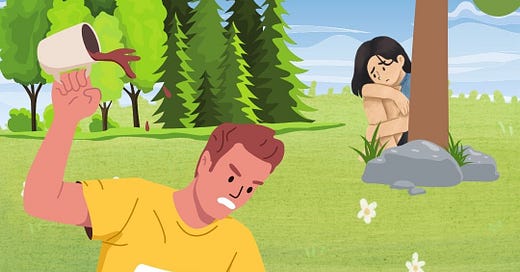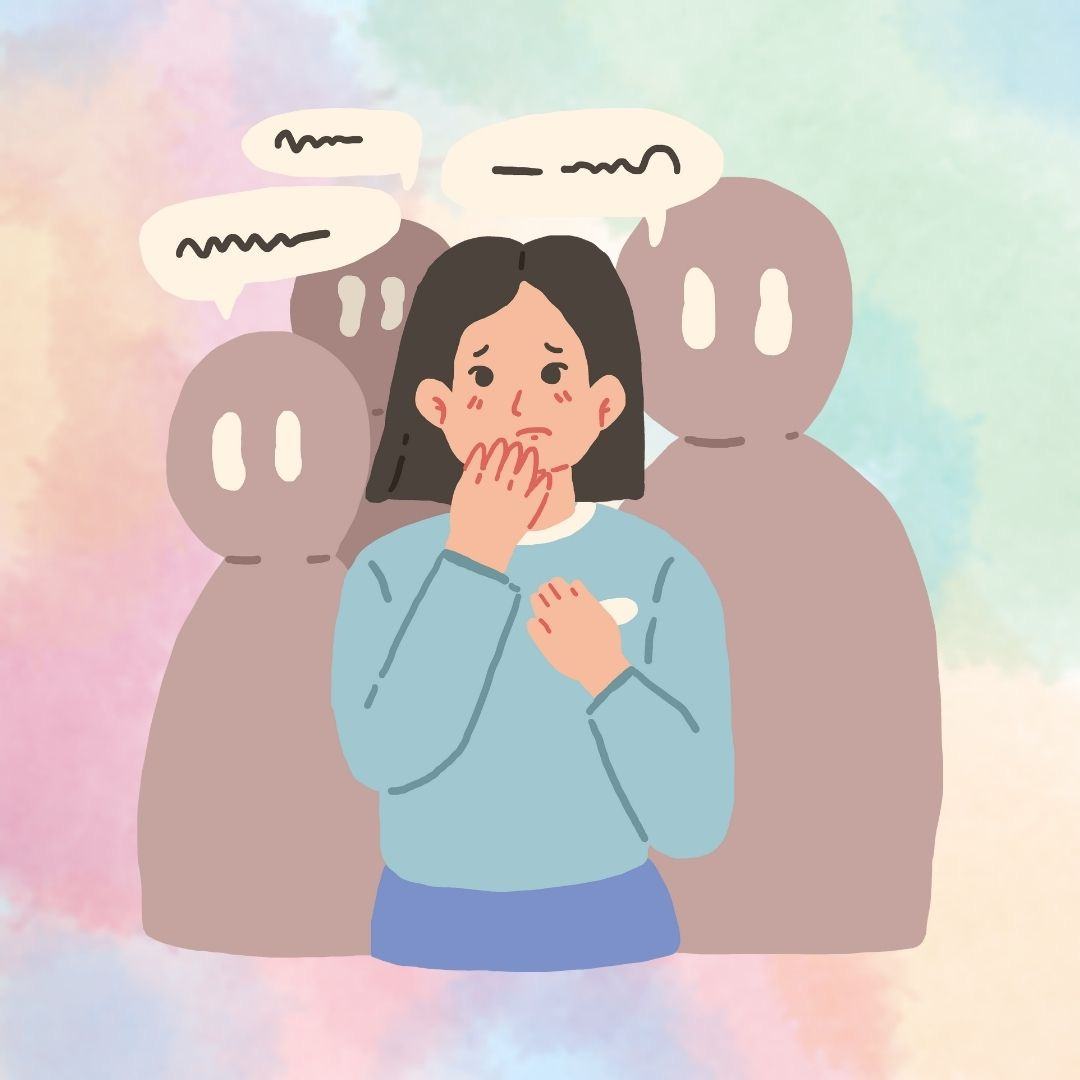The Unseen Legacy: How Childhood Relationships Affect Our Adult Lives
Learning how to break free from harmful patterns to build healthier, happier connections.
CONTENT WARNING: This piece discusses child abuse, coercive control, NeuroDivergent Conversion Therapy, and other themes that may be upsetting to some readers.
What do you do when you find yourself in a relationship with someone emotionally unavailable who doesn't love you back or, worse, hates or harms you?
Do you stay, or do you go?
Are you able to go, or are you stuck?
If you're an adult and have the means to do so, you might leave, but if you're a child and the person you're afraid of, who's not caring for you correctly, is an adult (especially one who's supposed to tend or look after you), leaving may not be an option.
What do you do when you find yourself stuck, dependent on someone for survival who may at any time erupt into anger and violence (at you or those around you)?
Do you walk on eggshells, or do you leave?
What if you can't leave?
You want things to be "normal," but if you've never experienced a healthy relationship (or you've experienced harm at a young age), you may have no frame of reference for what "normal" is.
If your tormentor is a teacher or, worse, someone at home (like a parent or guardian), it can cause conflicting feelings and intense inner turmoil.
A child's dependence on an adult who is harming them creates a substantial power imbalance, making it even more challenging for the child to cope with the trauma.
Children are at the mercy of adults.
Many are trained to "obey," "respect," and "listen to adults," which can leave them vulnerable to dangerous situations if the adult they're told to "obey" is harming them.
Growing up, the adults who did some of the worst harm to me were teachers and other people in positions of authority (who were trusted to care for me).
I was trusted to these adults and told to obey them, so I obeyed them even when I didn’t want to or when doing so was not in my best interest.
A lot of harm that came my way was because people didn't know I was Autistic and ADHD, and as a result, people tried to punish those traits, viewing them as "disruptive" and an inconvenience to the people around me.
No matter how hard I tried, I always seemed to get things wrong (especially in school).
I didn't have words for what was "wrong with me," and though I desperately wanted to "behave," I couldn't meet the expectations placed upon me and felt like a failure for it.
I blamed myself for falling short instead of being able to recognize that the expectations and goals were unreasonable and that I was being mistreated.
When multiple people mistreat you throughout your life, especially when they blame you for your mistreatment (and tell you that they wouldn't have to "treat you this way" if you would "just behave"), it has a way of making you believe that you must be the problem.
People pressured me to change, so I learned to hide and blend in.
I learned to survive and keep my head low. I learned to compartmentalize.
I learned what parts of me would trigger anger in people around me and what parts are "acceptable" and "safe" to show in various situations.
I learned to go about my life as if everything was fine, everything in its place, pushing away all the pain, shame, and anger that came from being told (and believing) that I was "bad," "stubborn," "lazy," "overly sensitive," "rebellious," failed human being who "never applied" myself.
The voices of my external tormentors eventually echoed inside my own mind as I learned to berate and criticize myself as a way of "keeping myself in line" (so that people on the outside wouldn't have a chance to hurt me).
Though I did my best to treat the people around me with kindness, I was cruel to myself - more vicious than anyone outside of me ever was.
Hurting myself, keeping myself isolated, and convincing myself that I "wasn't good enough" was safer than engaging with people who might hurt me.
By being cruel to myself, I took the power away from others who tried to hurt me (because nobody could hurt me more than I could hurt myself).
I had zero compassion for myself before learning about my Autistic brain-probably because of how little compassion I had received from people growing up.
I "wasn't good enough yet," but one day, if I kept up the self-loathing, I was sure I could make myself into someone worthy of love and respect.
Paid subscribers have access to the rest of the story. Thanks to every one of you for supporting my work.
Half-Priced Low-Income Subscription Available
If you are in need of a discount, please use the link below to get your subscription at a deep discount (because I don't want money to be an obstacle to people):
https://neurodivergentrebel.substack.com/LowIncomeDiscount
For readers experiencing financial hardship, please note that this offer is exclusively for you. This discount is offered on the “honors system” - I am not going to ask anyone for proof.
Please, kindly refrain from taking this offer if you do not need it.
I hope this helps,
- Lyric
Keep reading with a 7-day free trial
Subscribe to NeuroDivergent Rebel’s Substack to keep reading this post and get 7 days of free access to the full post archives.






